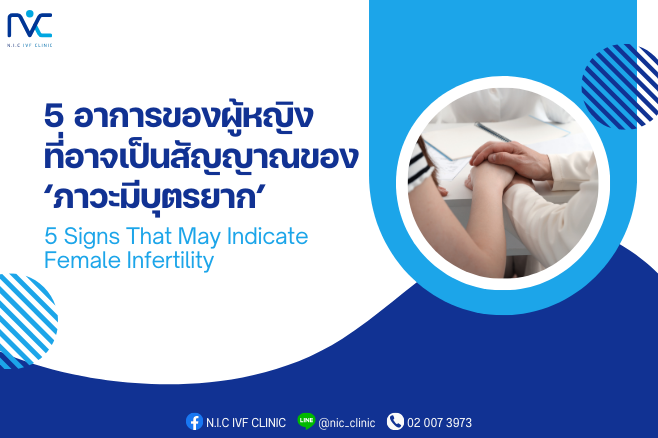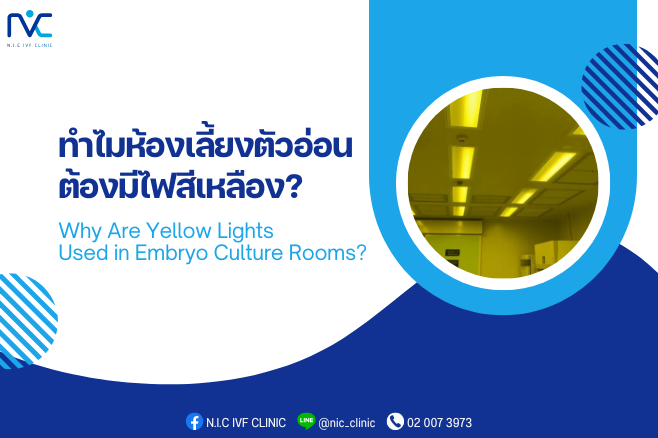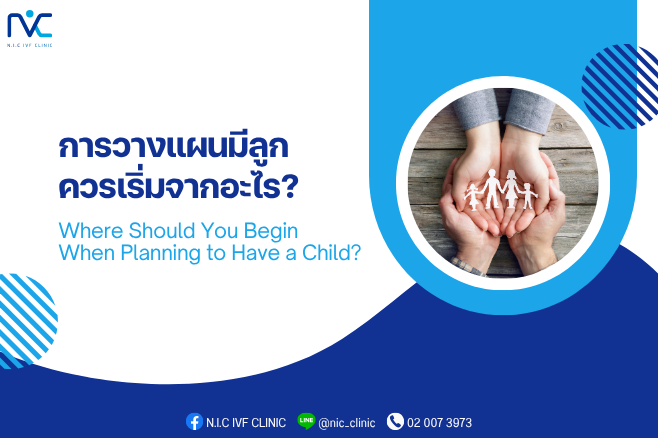NEWS & KNOWLEDGE
Post-Embryo Transfer Care Instructions
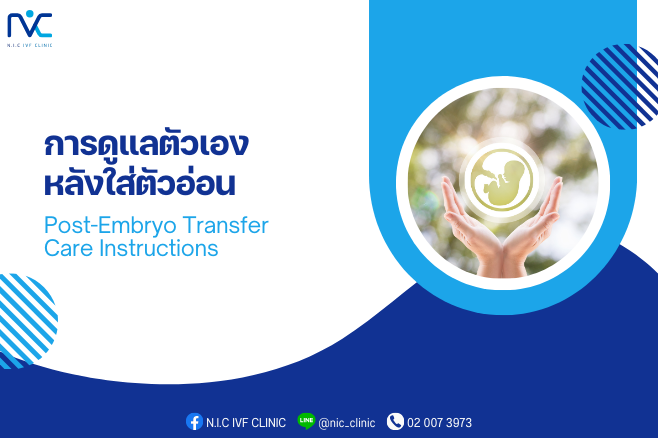
Post-Embryo Transfer Care Instructions
Embryo transfer is the final step in the IVF (In Vitro Fertilization) process. It comes after several important stages, including ovarian stimulation, egg retrieval, and sperm collection for ICSI (Intracytoplasmic Sperm Injection), which is performed by an embryologist in the lab.
Many women feel anxious about this step, especially about whether it will be painful. Embryo transfer is a simple and gentle procedure that feels like a routine pelvic exam. You may feel slight discomfort, but it is usually not painful, and no anesthesia is required.
During the procedure, the doctor carefully inserts a soft, flexible catheter—specially designed for embryo transfer—into the uterus. The embryo is then placed into the optimal position inside the uterine cavity. This process is done under abdominal ultrasound guidance to ensure the embryo is placed precisely, giving it the best chance to implant and develop into a pregnancy.
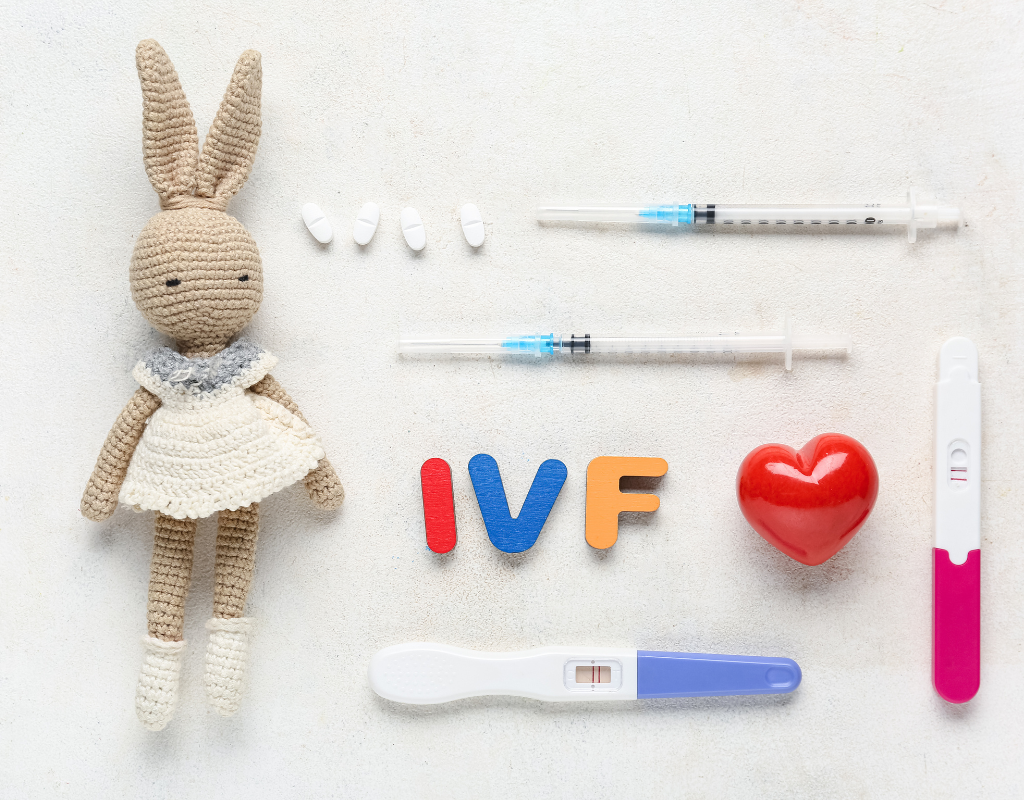
Guidelines After Embryo Transfer
- Take the prescribed medications strictly as directed to ensure your body has the necessary hormones for a successful pregnancy.
- No sexual intercourse for 2 weeks after the embryo transfer, or until your scheduled pregnancy hormone blood test. Sexual intercourse can cause the uterus to contract and affect embryo implantation.
- Avoid heavy lifting and hard exercise. Don’t do anything that puts a strain on your body.
- Try to stay relaxed. Avoid stressful work or situations.
- Avoid long trips or driving for many hours.
- Stay away from crowded or risky places. Avoid people who are sick and try not to go to places that may affect your health.
- Move around gently. You can walk and do light activities, but don’t stand for too long or walk all day.
- Get enough rest and take care of your health.
- Do not smoke or drink alcohol.
- Eat clean, well-cooked, and easily digestible foods. Maintain a balanced diet with a variety of foods, focusing on protein-rich meals to support embryo growth. Include fiber-rich foods to help reduce the risk of constipation.
- Avoid raw or undercooked food, fermented food, or risky seafood. These can cause stomach problems or food poisoning.
- Call your doctor right away if you have heavy bleeding, severe cramps, or abnormal discharge.
After the embryo transfer, taking good care of yourself helps keep both you and the embryo safe. These simple steps can improve the chances of a healthy pregnancy.
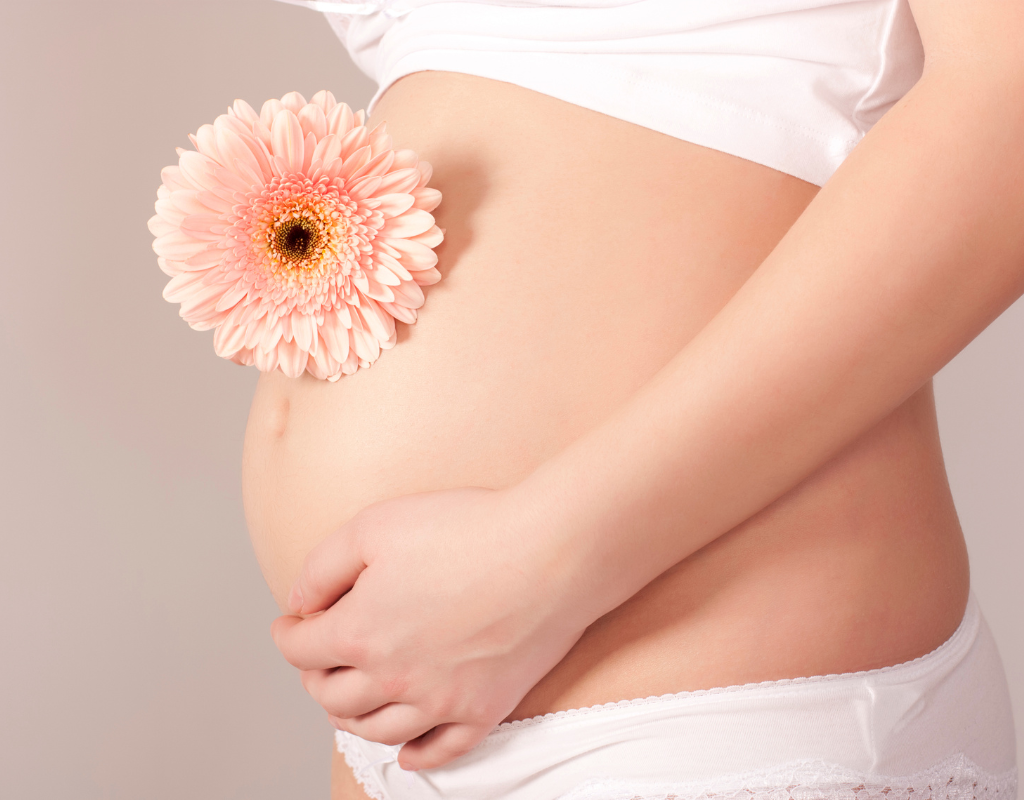
Article by
Assoc. Prof. Dr. Matchuporn Sukprasert
For more information, please contact us via:
LINE Official : @nic_clinic or https://lin.ee/Mmq6m2K
Tel: 02-007-3973 or 095-370-2483
